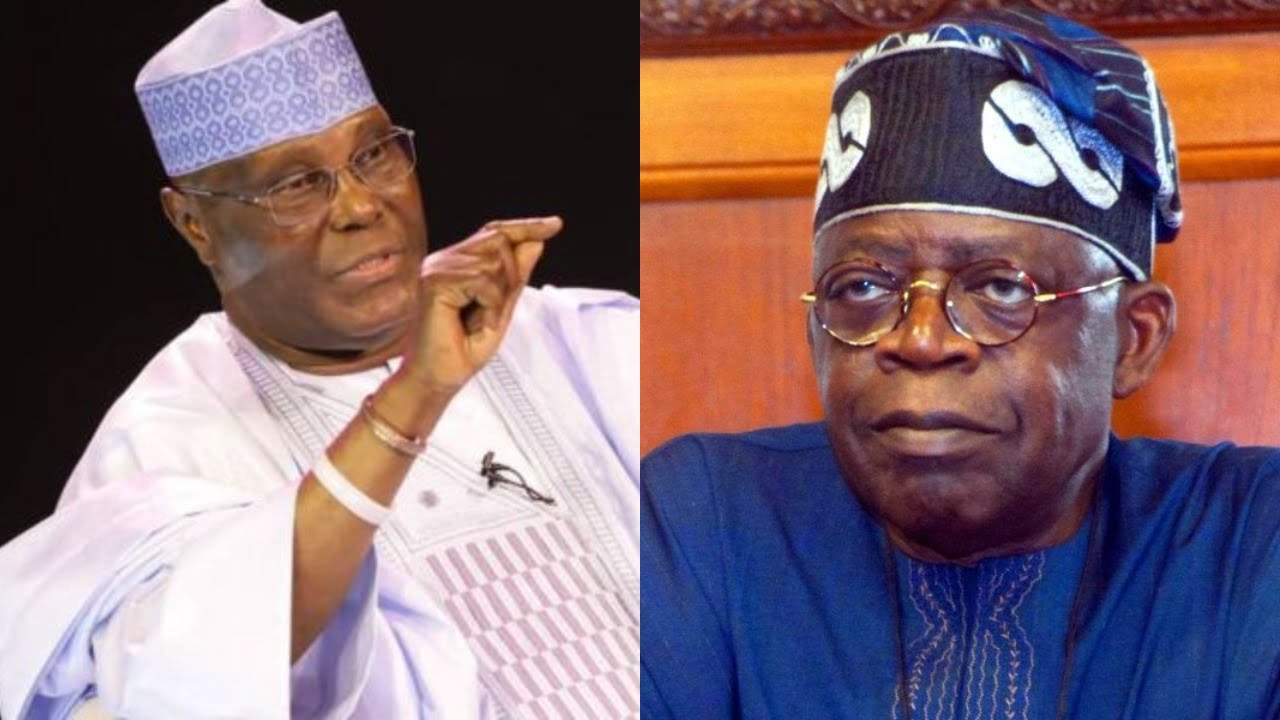Former Vice President Atiku Abubakar has criticized the ₦49.7 trillion 2025 budget proposed by President Bola Tinubu, describing it as inadequate to address Nigeria’s economic and structural challenges. Atiku, the 2023 presidential candidate of the Peoples Democratic Party (PDP), stated in a Sunday release that the budget lacks the necessary reforms to foster sustainable growth and tackle the nation’s deep-rooted issues.
Last wednesday, President Tinubu presented the budget estimate to a joint session of the National Assembly, highlighting significant allocations to defence, security, infrastructure, health and education. Key allocations include ₦4.91 trillion for defence and security, ₦4.06 trillion for infrastructure, ₦2.4 trillion for health, and ₦3.5 trillion for education.
Atiku, however, argued that the budget reflects “business-as-usual” fiscal practices and identified several issues:
Weak Budgetary Foundations
Atiku expressed concerns over poor budget execution, citing the 2024 budget’s underperformance. By the third quarter of 2024, less than 35% of allocated capital expenditure for Ministries, Departments and Agencies (MDAs) had been disbursed, despite claims of 85% budget execution. He warned that this pattern raises doubts about the effective implementation of the 2025 budget.
Debt servicing accounts for ₦15.8 trillion, or 33% of total expenditure, nearly matching the planned capital expenditure of ₦16 trillion (34%). This allocation surpasses spending on critical sectors like defence, infrastructure, education, and health. Atiku cautioned that this imbalance could crowd out essential investments, leading to more borrowing and undermining fiscal stability.
The budget allocates over ₦14 trillion (30%) to recurrent expenditure, including the cost of running a large bureaucracy and maintaining inefficient public enterprises. Atiku criticized the lack of concrete measures to reduce wasteful spending and improve efficiency, which he said exacerbates fiscal challenges and limits resources for development.
Insufficient Capital Investment
After covering debt servicing and recurrent expenditure, only 25% to 34% of the budget remains for capital spending. Atiku argued that this allocation, equivalent to about ₦80,000 (US$45) per capita, is insufficient to address Nigeria’s infrastructure deficit and stimulate economic growth.
Atiku also criticized the government’s decision to increase the Value-Added Tax (VAT) rate from 7.5% to 10%, calling it a regressive policy that will worsen the cost-of-living crisis and hinder economic growth. He warned that additional tax burdens on an already struggling population, combined with inefficient governance, could stifle domestic consumption and deepen economic hardship. He emphasized that the 2025 budget lacks the structural reforms and fiscal discipline required to address Nigeria’s economic challenges. He urged the government to reduce inefficiencies in operations, combat inflated contracts and focus on long-term fiscal sustainability instead of unsustainable borrowing and recurrent spending.

